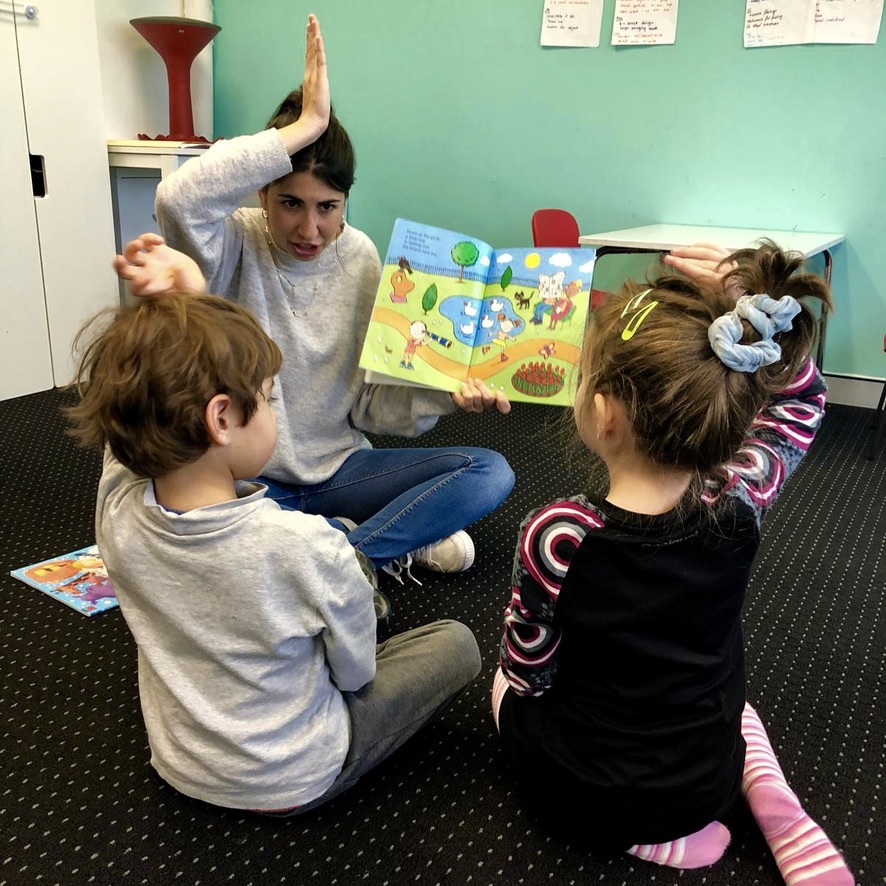
The Role of Speech Pathology and Social Skill Development
Speech therapy often focuses on helping children speak clearly. But it’s much more than that. Speech Pathology also play a vital role in social skills development. These skills help children understand social cues, take turns, and interact positively with others.
At OneOnOne Children’s Therapy, we understand the importance of a team approach. Our clinics in Bondi Junction and Mascot include experienced Speech Pathologists, Occupational Therapists, and Certified ESDM Therapists. Together, we support children in reaching their full potential.
Why Are Social Skills Important?
Social skills are crucial for building relationships. They help children engage with family, make friends, and succeed in school. These skills include:
- Understanding social cues: Recognising facial expressions, tone of voice, and body language.
- Taking turns: Knowing when to speak and listen during conversations.
- Playing cooperatively: Sharing toys and following group rules.
- Managing emotions: Expressing feelings appropriately and understanding others’ emotions.
Children with social communication difficulties may struggle in these areas. This can lead to frustration, isolation, or misunderstandings. That’s where speech therapy can help.
How Speech Pathology Supports Social Skill Development
Speech Pathologists use evidence-based strategies to teach social skills. Here are some key areas they focus on:
1. Understanding Social Cues
Children often miss subtle social cues like a raised eyebrow or a change in tone. Speech Pathologists teach children how to recognise these signals. They use role-playing, video modelling, and visual supports to help children interpret social situations.
2. Turn-Taking and Conversational Skills
Turn-taking is a fundamental skill for conversations. Speech Pathologists guide children in learning when to speak and listen. They practise this through games, structured play, and interactive activities. Over time, children learn to participate in more complex conversations.
3. Building Peer Relationships
Interacting with peers can be challenging. Speech therapy helps children develop the skills they need to initiate and maintain friendships. This includes practising how to start a conversation, join in play, and resolve conflicts.
4. Improving Emotional Understanding
Recognising and responding to emotions is key to social interaction. Speech Pathologists help children understand their own emotions and those of others. They use stories, social narratives, and emotion cards to teach these skills.
Collaboration with Occupational Therapists and ESDM Therapists
At OneOnOne Children’s Therapy, we take a collaborative approach. Our Occupational Therapists and Certified ESDM Therapists work closely with our Speech Pathologists to support every aspect of a child’s development.
Occupational Therapy and Social Skills
Occupational Therapists focus on sensory processing, self-regulation, and motor skills. These areas are essential for social participation. For example, a child who struggles with sensory sensitivities may find group play overwhelming. Occupational therapy helps them manage these challenges, making social interactions more enjoyable.
ESDM and Social Communication
The Early Start Denver Model (ESDM) is an evidence-based approach for young children with autism. Certified ESDM Therapists at our clinics integrate play and social routines into therapy. This helps children develop social communication skills in a natural, engaging way.
Practical Tips for Parents
Parents play a crucial role in supporting their child’s social skill development. Here are some tips:
- Model Social Behaviour
Show your child how to greet others, make eye contact, and take turns in conversations. Children learn by observing and imitating. - Use Social Stories
Create short stories that describe social situations and appropriate responses. These help your child understand what to expect and how to behave. - Encourage Playdates
Arrange playdates with one or two peers. This provides a safe environment for your child to practise social skills. - Play Turn-Taking Games
Games like board games or “Simon Says” teach turn-taking in a fun way. They also encourage cooperation and patience. - Praise Positive Behaviour
Recognise and celebrate your child’s social successes, no matter how small. Positive reinforcement builds confidence and motivates them to keep trying.
How We Can Help with Speech Pathology and Social Skill Development
If your child is struggling with social skills, we can help. At OneOnOne Children’s Therapy, our Speech Pathologists, Occupational Therapists, and Certified ESDM Therapists work together to provide personalised support. Our clinics in Bondi Junction and Mascot offer a welcoming environment for children to develop essential skills.
We specialise in helping children with autism, developmental delays, speech and language difficulties, and social communication challenges. Our team is committed to helping each child thrive in their social world.
Contact Us Today about Speech Pathology and Social Skill Development
Do you have concerns about your child’s social skills? Contact OneOnOne Children’s Therapy for a consultation.
📞 Call us on (02) 8065 7837 or 📧 email us to learn more about our services.
We’re here to support your child’s journey towards confident, positive social interactions. Together, we can help them build the skills they need for a bright future.
